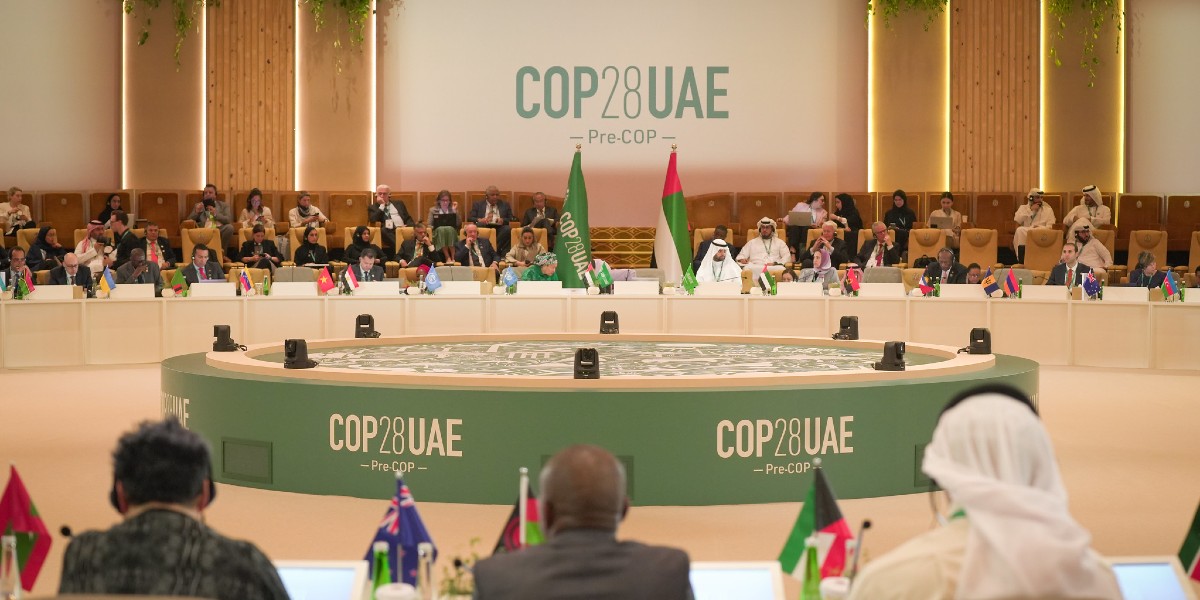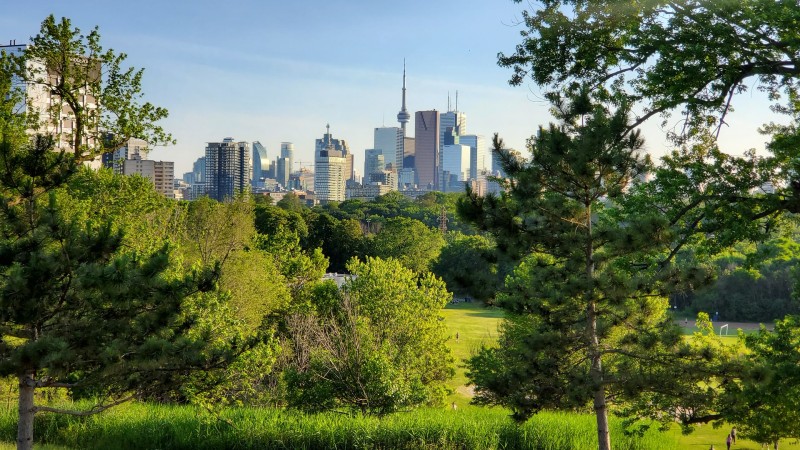In this opinion post, we hear from Paula Collio Méndez, a MSc International Relations student at LSE, who argues that despite the image that the United Arab Emirates wants to present to the world, choosing them as the host of the biggest and most crucial final efforts conference to urgently address and combat climate change, disaffirms the entire purpose of COP28.

In the next few days, the annual session of the Conference of the Parties (COP) to the UN Framework Convention on Climate Change (UNFCCC) will be held at Expo City, Dubai, in the United Arab Emirates (UAE). These meetings are global efforts to advance the key Paris Agreement aim of limiting global warming to as close as possible to 1.5°C above pre-industrial levels. Parties take decisions on ways to cut greenhouse gas emissions and adapt to the impacts of climate change, on Loss and Damage (which refers to funding for vulnerable countries hit hard by floods, droughts, and other climate disasters), and on the means to help countries green their economies and build resilience to climate change (finance, technology, and capacity-building).
The decision to hold COP28 in Dubai has not been without controversies, particularly regarding the appointment of the summit’s President, Sultan Al Jaber, an oil executive, or the fact that the UAE is one of the ten largest oil producers in the world. According to the Intergovernmental Panel on Climate Change (IPCC), roughly 90% of global CO2 emissions come from fossil fuels and heavy industry. In contradiction with current trends towards reducing the use of traditional fuels, the UAE state oil company, (Adnoc), pumped 2.7 million barrels of oil per day in 2021. It aims to expand to nearly double output to five million barrels per day by 2027. As the world has already reached a 1.1°C temperature increase, any further expansion of fossil fuel production would undermine the Paris Agreement’s temperature goal.
Considering the responsibility of fossil fuel companies for accelerating climate change, some cautiousness would have been expected regarding the nomination of Sultan Ahmed Al-Jaber as the President of COP28 – who is at the same time chief executive of Adnoc and chairman of the UAE state-owned renewables company Masdar.
Al-Jaber recently told The Guardian: “While he wasn’t the obvious man for the job, he was committed to making the summit a success. The focus is to phase out emissions from everything, regardless of where they come from”. We should therefore question the roots of his discourse and the true nature of such claims. Given the UAE’s central role in global oil markets, Al-Jaber’s appointment has raised serious concerns about ‘greenwashing’ efforts by the UAE and the growing influence of fossil fuel firms in the COP proceedings. In this summit a major lobbyist – with clear conflicts of interest – will be leading the discussions that rightfully fall within the domain of governmental authorities.
Given the UAE’s central role in global oil markets, Al-Jaber’s appointment has raised serious concerns about ‘greenwashing’ efforts by the UAE and the growing influence of fossil fuel firms in the COP proceedings.
In global environmental governance, civil society and its non-governmental organisations (NGOs) play a central role in motivating and supporting states to govern global environmental common goods more effectively. NGOs have the largest influence on the outcome of climate negotiations when they mobilise public pressure in collaboration with the media. During this COP, these organisations are apprehensive that their ability to make a meaningful impact could be compromised due to the prominent role fossil fuel firms are likely to play at the meeting in Dubai. This redirection of focus may divert attention from the actual purpose of COP28, neglecting essential aspects of addressing the challenges of climate change.
Notwithstanding the importance of NGOs in international negotiations, this summit will be surrounded by controversy around how the UAE restricts the operations of NGOs and clamps down on civil society voices that are critical of the government. The contradictions regarding the host country and the restriction of freedom of speech, censorship, and freedom of association, among many others, go against everything that UNFCCC stands for. In fact, the Country Report on Human Rights Practices by the Department of State of the USA discloses significant human rights violations, such as arbitrary arrest and detention; political prisoners; serious restrictions on internet freedom; substantial interference with freedom of assembly and association, including overly restrictive laws on the organisation, funding, or operation of nongovernmental organisations and civil society organisations; serious and unreasonable restrictions on political participation; serious government restrictions or harassment of domestic and international human rights organisations; or laws criminalising consensual same-sex sexual conduct between adults; just to name a few.
The contradictions regarding the host country and the restriction of freedom of speech, censorship, and freedom of association, among many others, go against everything that UNFCCC stands for.
The strategy behind UAE using its COP28 presidency to highlight its international relevance and middle-power status on a global stage, and for the rest of the world to validate it as a host, gives them the opportunity to display international leadership without the accountability that comes with this role. The portrayal of the country as progressive, human rights-respecting, and willingly eager to fight against climate change, while at the same time expanding its fossil fuels industry, is astonishing. The public-private collaboration, clear conflicts of interest, and the Sultan’s dual role in his positions will complicate and heighten mistrust of interests regarding delegations and their positions in state negotiations.
The portrayal of the country as progressive, human rights-respecting, and willingly eager to fight against climate change, while at the same time expanding its fossil fuels industry, is astonishing.
Banner photo from COP28 Pre-COP: Plenary, Global Stocktake official Flickr CC by-NC 2.0
This article represents the views of the author, and not the position of the Department of International Relations, nor of the London School of Economics.



